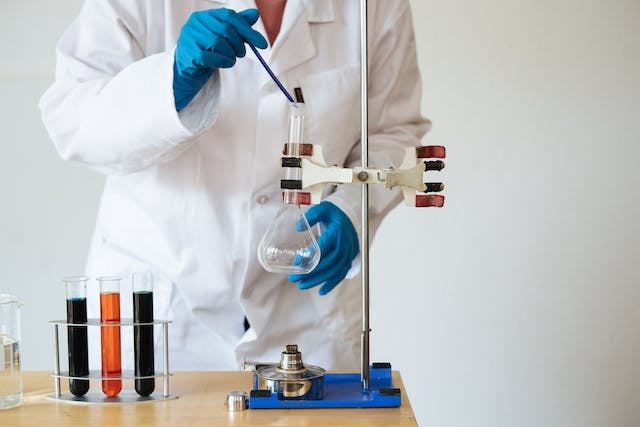A recent study conducted by USC reveals that adolescents and young adults exposed to forever chemicals are experiencing negative effects on their bone health. The researchers emphasize that individuals with lower bone mineral density are more susceptible to conditions such as brittle bones and other bone-related diseases.
Polyfluoroalkyl substances degrade slowly and are found in various products
The study conducted on per and polyfluoroalkyl substances (PFAS) (forever chemicals) reveals that these chemicals degrade very slowly, if at all. They can be found in various products, including food packaging and cosmetics. High exposure to PFAS has been linked to reproductive issues, increased cancer risk, and other health issues. Interestingly, most studies have primarily focused on older, non-Hispanic White individuals at a specific stage in their lives.
The latest research expands upon previous studies, being among the first to reveal health issues related to PFAS in Hispanic adolescents and young adults. The study emphasizes that bone mineral density typically rises during adolescence, peaking between 20 and 30 years, and subsequently decreases throughout adulthood. Notably, the research team highlights Hispanics as a high-risk population for bone diseases in adulthood.
Research on osteoporosis and bone disease among adolescents overlooked
According to Vaia Lida Chatzi, a professor at USC’s Keck School of Medicine, the population of Hispanic adolescents and young adults is largely overlooked in research on bone diseases and osteoporosis. Despite being at a higher risk for these conditions, there is a lack of studies focusing on this demographic. Chatzi emphasizes the need to reduce exposure to risk factors in order to support optimal bone development in youth and prevent osteoporosis in the future.
Researchers monitored bone health in 304 Hispanic adolescents, average age 11, tracking perfluorooctanesulfonic acid (PFOS) levels via blood samples and bone density via X-ray scans. Doubling PFOS in blood correlated with a 0.003 g/cm2 decrease in bone mineral density over 1.5 years. A separate study on 137 young adults revealed a two times increase in baseline PFOS levels associated with an average 0.032g/cm2 decrease in bone mineral density over four years.


